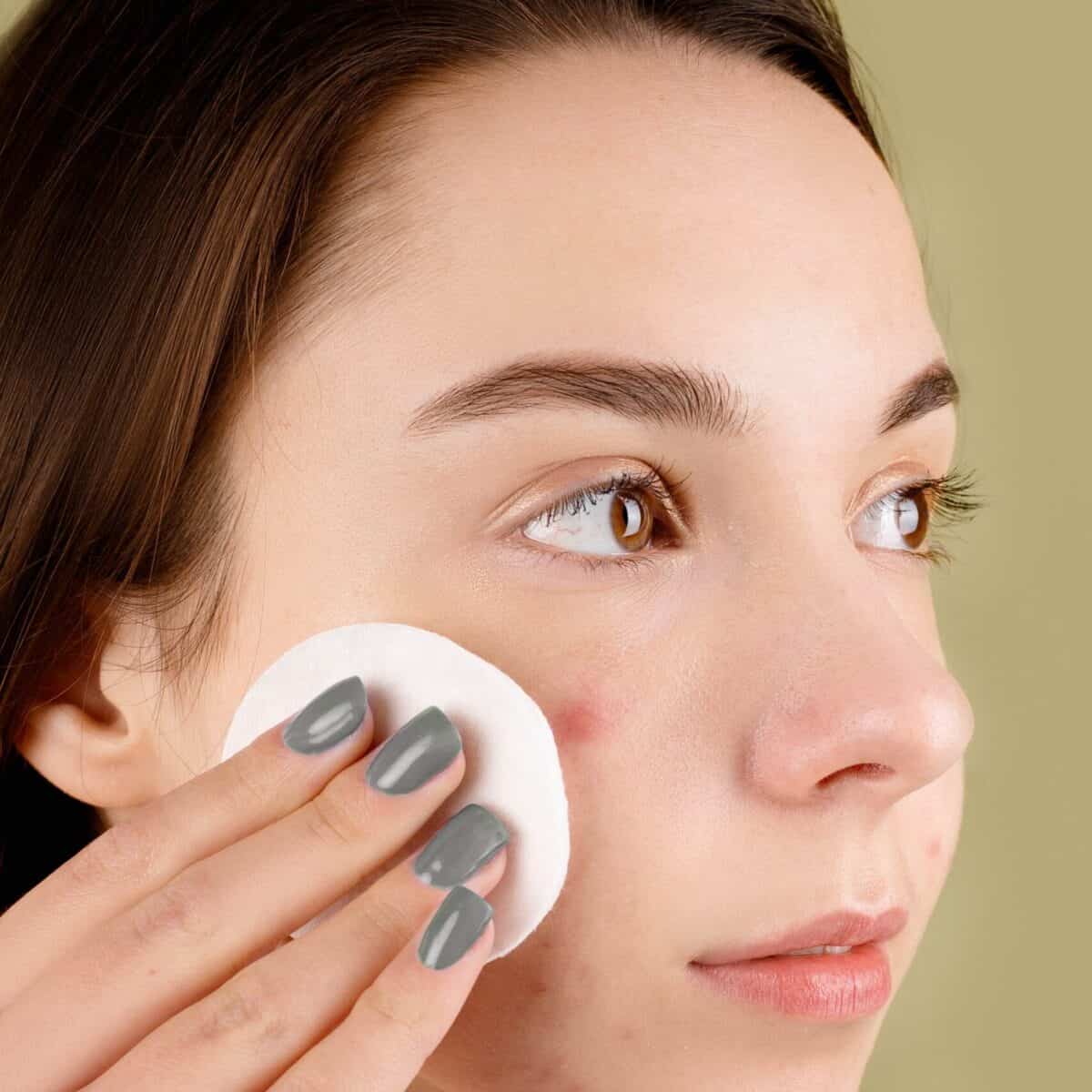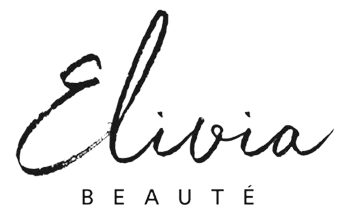
How To Prevent Acne
What is Acne-Prone Skin?
Have you ever gone to bed and then woke up with totally random pimples on your face? Usually, those who have experienced this issue have acne-prone skin and it can be extremely frustrating. Acne-prone skin refers to skin that is more susceptible to breakouts, blemishes and acne problems. At Elivia Beauté the question we find ourselves answering is what causes acne and how to prevent it?
Causes of breakouts
While it’s true that acne can be the result of clogged pores due to excess sebum and dead skin cells, there are a number of causes that exacerbate acne or increase your risks. According to EveryDayHealth risk factors for acne problems include:
- Changes in hormone levels (during puberty, menstruation, perimenopause). When hormones are fluctuating they can cause the sebaceous glands to secrete more sebum.
- Cosmetic or hair care products. Depending on the ingredients in beauty products, they can clog your pores making you more susceptible to breakouts.
- Having a family history of acne. There appears to be a correlation between acne and certain genetic factors. If your parents had experienced acne, you may as well.
- Certain medications. Corticosteroids and lithium may increase the risk of acne problems.
- Something rubbing on the skin (hat, helmet, face mask). Mask acne or “maskne” is well recognized by dermatologists.
- Stress. Higher levels of cortisol, caused by stress, increase your glands to produce more sebum.
- Acne.org also includes that diet, vitamin deficiency, and inflammation are causes of breakouts.
For those who deal with consistent acne problems and have acne-prone skin, there are measures that you can take to prevent it. Knowing your skin type can help.
Acne Prevention per Skin Types
Skin health is a complex matter and everyone has a different type of skin that can be classified as “combination skin”, “oily skin”, “dry skin” and “normal skin”. Verywellhealth explains that there are a variety of factors that determine skin type including:
- Age
- Cleaning routine
- Weather and sun exposure
- Underlying conditions.
Normal Skin
People with normal skin usually don’t get pimples on their face or have acne-prone skin. They should still have a good skincare routine that could include:
- Watching sun exposure and using dermatologist-approved sun protection.
- Use Alastin Gentle Cleanser for a normal skin type to remove make-up and impurities at the end of the day.
- Avoid touching their face.
Dry Skin
There are many small things that can exacerbate dry skin. Here are some tips and items that can soothe it and prevent it from getting worse.
- Taking ultra-hot showers for extended periods of time can be irritating for the skin
- Moisturizing with a dermatologist-approved cream such as SkinMedica TNS Ceramide Cream
- Using a humidifier while you sleep
- Wash with a hydrating cleanser such as Zo Skin hydrating cleanser
Oily Skin
- If you know you have oily skin it’s best to remove products that will block your pores and opt for non-comedogenic.
- Using blotting pads throughout the day.
- Use a cleanser with a formula specifically designed for oily skin like SkinMedica AHA BHA cleanser.
- Moisturizing with a cleanser such as SkinMedica Ultra Sheer.
Combination Skin
Creating a skincare routine can be especially challenging with combination skin. Some products are too hydrating, while others get rid of too much oil leaving your skin flaky and irritated. Having combo skin can be quite a balancing act and we have a few tips that can help:
- Gently cleanse with Alastin Gentle Cleanser
- Balance with a toner such as Zo SkinAlastin Gentle Cleanser – 6.0 Fl Oz. 177 mL – Elivia BeautéHealth Calming Toner
- Moisturize with Alastin Ultra Nourishing Moisturizer
- Exfoliate regularly but not too often
- Blot away excess oil throughout the day
- Avoid harsh soaps
Environmental and Lifestyle Factors
How you live your day-to-day life will also affect your skin health. If you’re staying up late every day, chowing down on fast foods and having relationships with toxic people, be ready for pimples on your face. Our skin is our largest organ and connected to our body, it shouldn’t be singled out from the rest of our lives. Here are some things you can do so that your lifestyle supports the growth of beautiful skin according to Verywellhealth:
- Address your stress. Stress can exacerbate acne.
- Change your diet. Data shows that diets high in refined sugars may influence or exacerbate acne
- Limit your exposure to the sun, especially when it’s highest in the sky
- Develop a regular sleep routine with 8 hours of sleep
- Avoid beauty products that are comedogenic.
Although there are a variety of causes of breakouts, by implementing a good skincare routine and monitoring certain lifestyle factors your acne problems can be prevented or treated.
If you would like to know more about our products click here!



